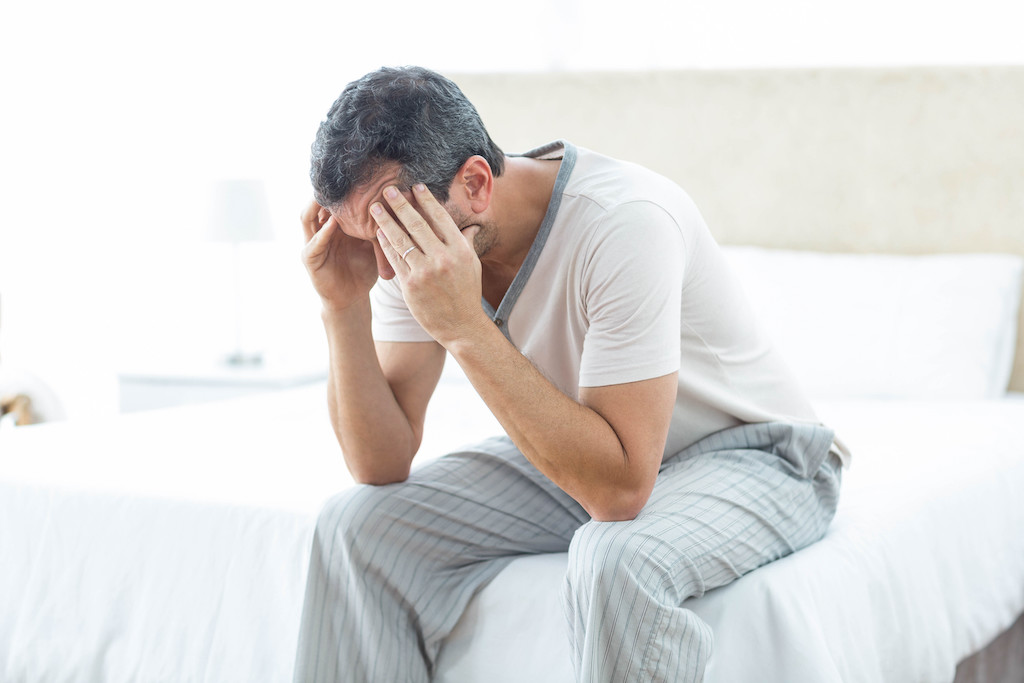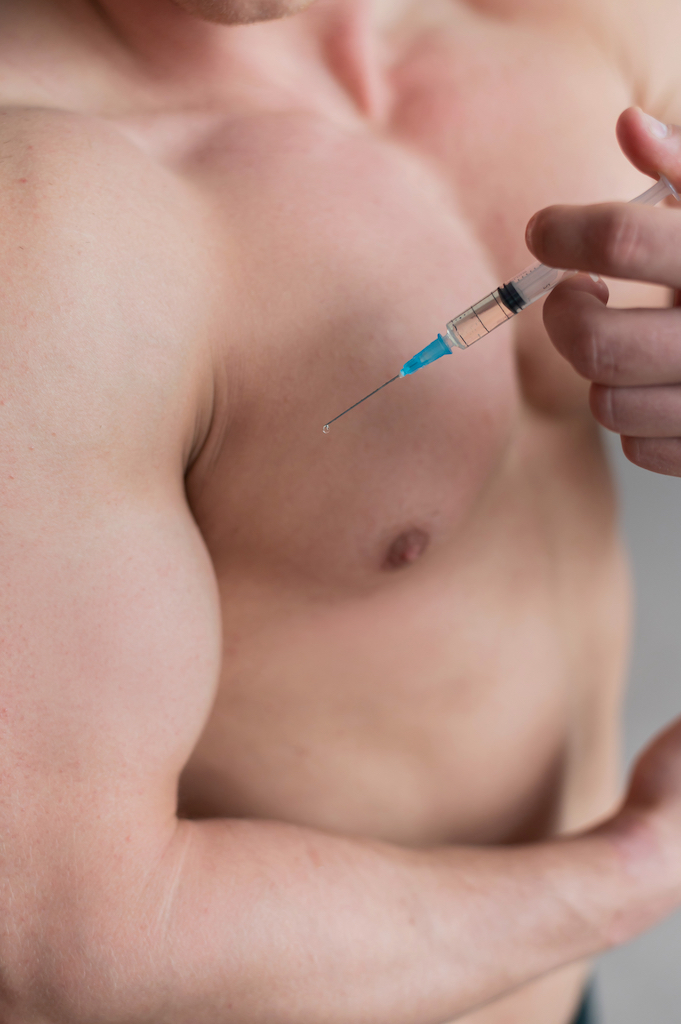 Photo Credit: Shutterstock
Photo Credit: Shutterstock
Just as women experience menopause at a certain age, men go through the male version of menopause known as andropause. Beginning at 30, a man’s body makes less and less testosterone (a steroid hormone in the Androgen group), and the levels drop dramatically around the age of 40-55. So as the most common side effect of a low sex drive presents itself, men begin to wonder: how can they offset the changes in testosterone?
Thankfully “Low T” (decreased testosterone) is extremely common, and a few treatment options are available, including hormone therapy and hormone replacement. Here Haute Beauty expert in Women’s Health and Wellness, Dr. Leita Harris, speaks on how you or your hunny can deal with the unwanted side effects of andropause.
Symptoms
Male menopause can present physical, sexual, and psychological problems, typically worsening as you age. They can include:
- Mood swings
- Decreased motivation
- Lack of focus
- Bone loss
- Muscle loss
- Low energy
- Night sweats
- Depression
 Photo Credit: Shutterstock
Photo Credit: Shutterstock
Treatment Options
To determine if you need treatment, you can visit the doctor for a simple blood test to help determine your current testosterone levels. An imbalance in testosterone levels won’t necessarily mean you require treatment. Instead, you may need interventional measures, while others require more intense treatment protocols.
Lifestyle
Before taking any drastic measures, some lifestyle changes could solve the problem for men experiencing low testosterone levels at an early age, including regular exercise, a balanced diet, adequate sleep, and keeping stress levels to a minimum.
Hormone Therapy
Most hormone therapy treatments utilize lab-made versions of the body’s hormones in pills, injections, or topical gels to help the body reach typical testosterone levels. However, in the case of pellet therapy (the best delivery system), all of the hormones used are 100% natural and derived from plants that most closely mimic the molecular structure of naturally occurring hormones in the human body, making it much more effective and safer.
Although many men are unaware of this treatment option, bioidentical pellet hormone treatment (bioHRT) has been around for a while. In fact, the treatment has been safely used since 1935 and has no known negative side effects on patients.
Other testosterone replacement options are intramuscular injections in the office or subcutaneous injections at home. If you’re interested in learning more about bioHRT or scheduling a consultation, Dr. Leita Harris at Nurturing You is available to help. Get back to living a healthy life and visit their site to book an appointment online today!






















